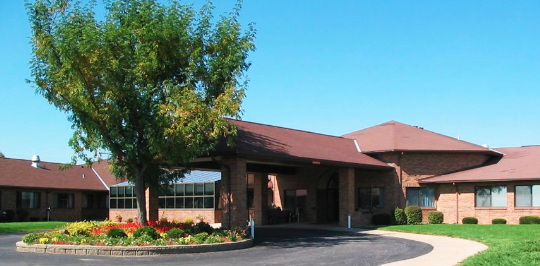Elderly Depression
The winter snows are flying and it’s too cold to be outside, yet the rooms inside the home seem to be closing in. The kid’s winter sports activities are in their final days and very intense. Meanwhile, having a cup of coffee with a friend, she talks about her mom and how mom just does not seem to be the same lively person anymore. Life today is active, especially for women aged 45 — 55 who care for both their parents and children. These are the people caught in the “sandwich generation”.
Her mom turned 87 last week and lives in the same home she raised her family. About 6 months ago she had abnormal surgery and came home after a hospital and rehab stay in a nursing home. She did well in physical therapy, but now seems to be getting weaker again and just won’t do the exercises she was told were important for her.
The doctors say she has a mood disorder, otherwise depression. People in mom’s generation were taught as children to “take the bull by the horns” and work yourself through it, but sometimes it just isn’t that easy. In addition, depression affects millions of people regardless of ethnicity, education, gender, or income. When a social person has no one to socialize with, they can struggle with depression. This may result in a change of eating habits and an “I know I should but I could care less” attitude. In these cases, some type of change may dramatically help my friend’s mom.
Studies show activities and physical exercise can significantly reduce these mental health issues. So, what can my friend’s mom do? It seems she lacks in social interaction — so work her into social activities. If physical exercise can reduce depression and anxiety — find an exercise program. Easier said than done. Her mom still needs to brave the winter weather and have safe transportation.
So, there can be three broad answers to her situation bring homecare and/or private therapy into the home, take mom out to classes such as Silver Sneakers or perhaps Senior World, or look to change living arraignments.
Most assisted living and some independent living homes have daily exercise programs and possibly fitness equipment. These retirement homes may also serve 2 — 3 well-balanced meals per day. A bonus is a socialization and perhaps the re-connection with old friends who are also going through the same stage of life. A study showed that people in assisted living homes live greater the 5 years longer than their counterparts living in their own homes. This is just an option on the cold, wintry days; and it may be more affordable than you think.
Coordinating care for your children and parents simultaneously is not easy. What can you do to manage this? Three words of advice: Plan, Plan, and Plan. Legal, financial, residential, mental, and physical healthcare elements must be addressed prior to a crisis. A sandwich generationer should guide their parent through these issues and the primary issue of safety while being careful not to take all control away from a parent. Once again, it is important to start talking, making suggestions, and guiding early, do not wait for a crisis.





